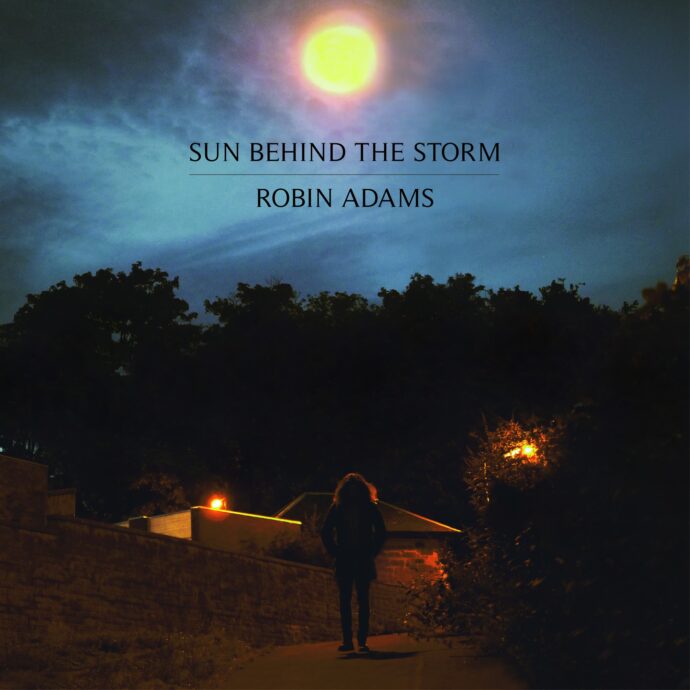
Now well into his 80s and recuperating from a recent health scare, Chip Taylor shows no signs of slowing down with the release of The Cradle Of All Living Things, a two CD release containing no less than 28 songs. Delivered in Taylor’s now trademark and well worn spoken word delivery, his voice is suffused with a sense of wisdom and grace while the songs are almost homilies as Taylor remembers lost friends, seeks peace with the world and, overall, considers a philosophy that, while not exactly Candide like, does seek to find solace and hope even when all around is pretty crappy.
Much of this is laid out in the opening title song where Taylor essentially “blesses” a list of worthies – parents, workers, scientists – who strive to make the world better. It Is Written is in a similar vein with Taylor espousing the sentiment, “Don’t worry, just hurry/ And hold me tight ‘cause the book of love got it right” and love seems to be Taylor’s preferred panacea to the world’s troubles as evidenced on several of the songs here such as Someone To Live For and I Don’t Know Much. Meanwhile, one has to admire his sheer chutzpah on Planetary Scheme Of Things where he suggests that he doesn’t want his preferred lifestyle to interfere with any supreme being’s grand scheme of things. Most affecting of all is the supremely tender I Don’t Know Much, a song which serves both as a statement of love to Taylor’s wife and also a song to be sung to every child by their loving parents and grandparents.
Elsewhere there’s the excellent country waltz of Oh It Feels Kinda Different which finds Taylor name checking Elvis, John Prine and Kris Kristofferson on a song which pines for jukebox days and seems to be a swipe at music streaming for free. Anthony is a wonderful and moving tribute to the late Anthony Bourdain with Taylor extolling the virtues of good food and good faces, the joy of companionship. The album closes with what is just about an internal monologue on Why Didn’t I Think Of That Before with Taylor musing on life and mortality in a most moving manner, just as affecting as Johnny Cash’s last recordings. It’s a powerful ending to an album which is perfectly played and which finds Taylor, in his twilight years, a sage for all ages.


